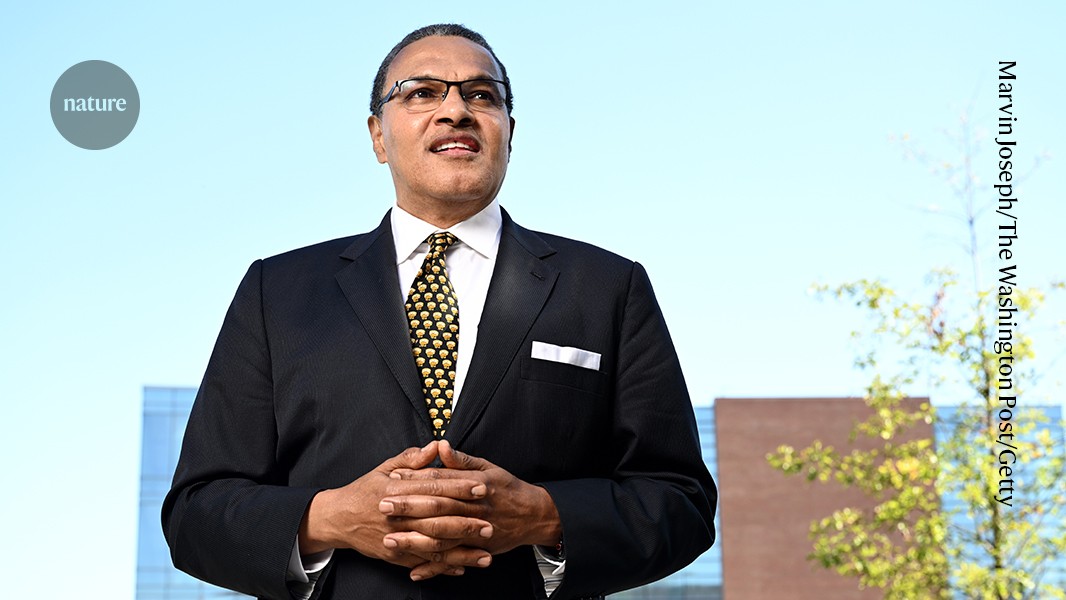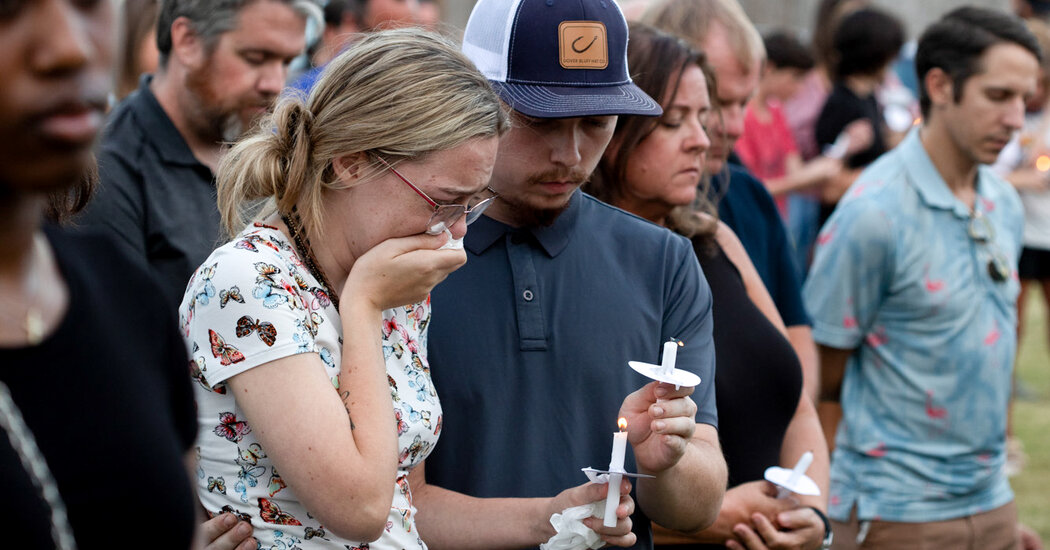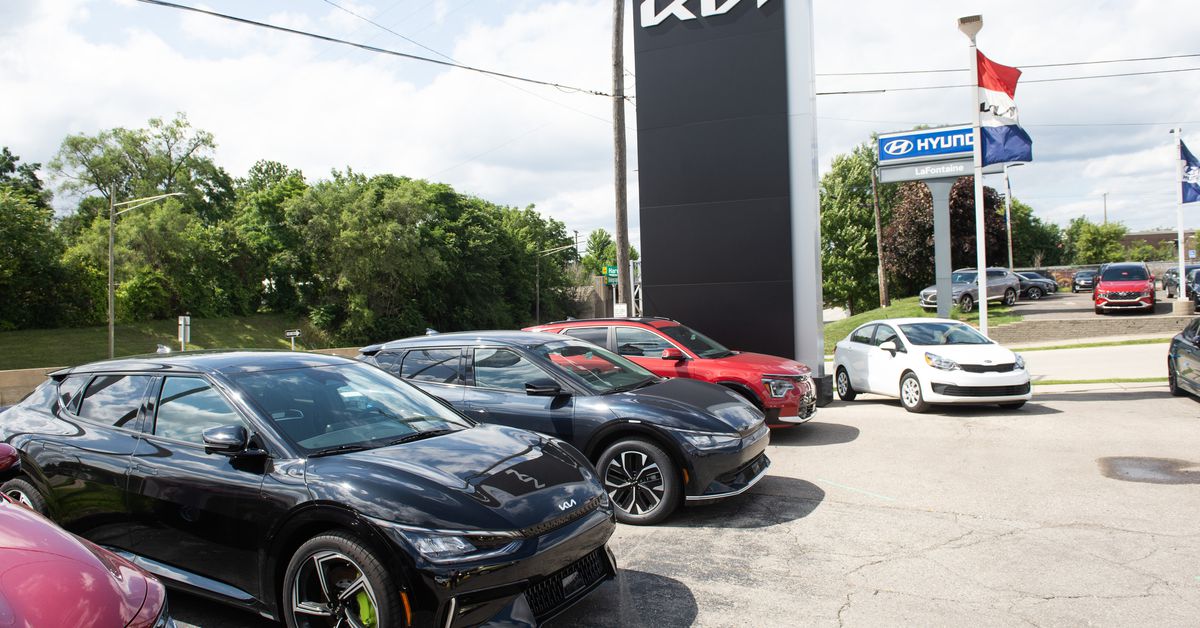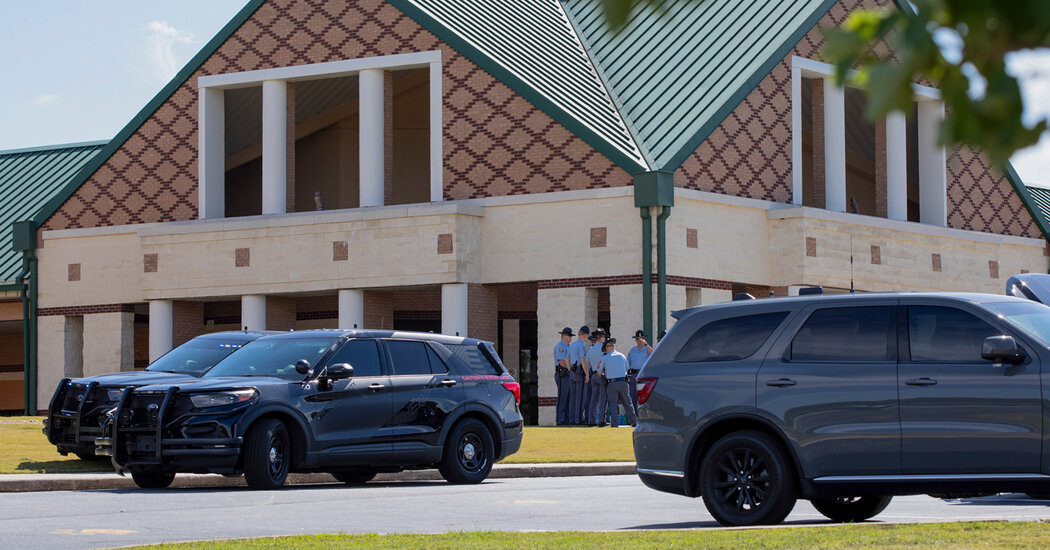What Do Black Students Need to Learn? Asking Hrabowski at the Baltimore County School: The Meyerhoff Scholars Program and Martin Luther King Jr.
Even though he officially retired from a 30-year career as president of the University of Maryland Baltimore County (UMBC) in 2022, Freeman Hrabowski’s calendar is still packed with invitations to share his wisdom on science education and workforce development with leading US university, government and business leaders. They all want to know the secrets to increasing diversity in scientific disciplines — something for which Hrabowski holds a long and storied track record.
Nature holds the Changemakers and their work in the highest regard. It is important that their work is seen as important to what makes scientific inquiry successful and what advances discoveries and innovations. Science and society as a whole will benefit if doors are opened to more creative minds.
The Meyerhoff Scholars Program was created by Hrabowski. It was established in 1988 with a US$ 500,000 grant from philanthropists Robert and Jane Meyerhoff. From that initial instalment, the scheme has boosted the numbers of Black science students in the United States. Over 1,500 people have graduated from it, and 500 of them have gone on to pursue PhDs. Its success has been replicated at other universities across the country.
When I first heard of Martin Luther King Jr., I was sitting in the back of the church. (I also spent a week in jail after taking part at the age of 12 in the children’s march in Birmingham, Alabama, in 1963 — a peaceful protest against racial segregation.) King posed this question to the group: what will it take to open the eyes and hearts of people to allow our children to go to better schools?
When I arrived at UMBC in 1987 as a vice-provost I looked at the data to see what it could tell us. Large numbers of students — not just students of colour — were not succeeding in science and engineering. Many of the people didn’t have a background in mathematics. It was clear that we needed to be asking the right questions about what level of mathematics background was needed to succeed in chemistry or physics. We then talked to students.
I used to be asked by some of my male faculty members why we needed this programme if they were nice to all students. I told them that when there is only one in the room that looks like them, it feels different. I invited several of those men to spend one full day at a historically Black university. Even though people are nice, they still came back with a new appreciation of how isolating it is. They were only there for a single day, and 50 years of age. Imagine being 17 years old in college. We are not trying to be warm and fuzzy, but we are trying to understand perspective.
There are a few key features. The summer bridge programme is crucial. Students spend a summer before university begins studying maths, English and science, so they build a strong foundation in the basics before taking higher-level courses. Building community is a key component. My research had shown that even the highest-achieving students were not succeeding in science, so we also emphasized the importance of peer support and working in groups. It takes scientists to make scientists. The sooner that students get involved in labs with real-life science, the more excited they can be.
Many students don’t realize that science and mathematics aren’t for everyone. A mathematics and science education is what children are told by their school teachers when they are young. I want people to know that it’s possible to use both sides of their brains. It is vital to connect disciplines to find out the best questions to ask. Maths is about so much more than numbers. It’s about the whole Universe. It’s about patterns. It is about the way we think. The best, most effective scientists are those who ask good questions.
What do black men think about higher education? The stories of men who haven’t chosen to study French and what they didn’t want to learn
I think the word Woke should be removed because it instantly divides people and nobody really knows what it means. I use the word inclusion now. White men in the US demographic group that has had the biggest decline in participation in higher education is working class males.
Until I was in my 60s, I didn’t decide to study French. Students sometimes look at me strange and say, “Don’t you think you’re kind of old?” I have studied one hour a day for the past seven years and I jump at every chance to speak French with others.
People are standing up against discrimination in order to make a difference. Our series will tell their stories and highlight their achievements.
Our inaugural Changemaker, Freeman Hrabowski, exemplifies the spirit of the series. The president of the University of Maryland Baltimore County is a mathematician named Hrabowski. UMBC has an important place in the history of US higher education. It was the first public university in Maryland to be welcoming to people of all races.
“Forbidden” vs “Non-Storage”: The Ordeal of Facing Inequality in Non-Religionless Systems
Such accounts of facing injustice and then constantly having to fight it will feature repeatedly in the series. They can be uncomfortable to read. But such experiences are still much too widespread, and need to be highlighted until the day comes when they become history.



